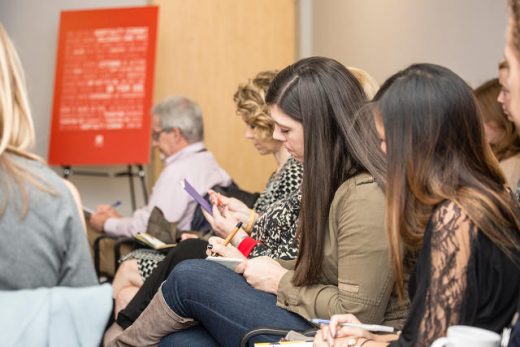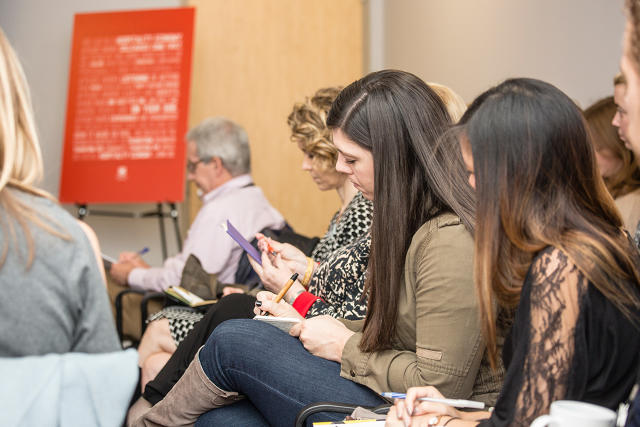Why Danny Meyer Employees Never Say “No Problem”
When a customer says, “Thank you,” staff at Danny Meyer’s restaurants might respond with “My pleasure,” or “Glad I could help.” But never, “No problem.”
“It’s two negative words in a row,” said Susan Reilly Salgado, founder and managing partner at Hospitality Quotient, a consultancy that operates under the broader banner of Meyer’s Union Square Hospitality Group. “Why would you even indicate it might possibly be a problem?”
That small detail is indicative of Meyer’s overall approach to hospitality, the source of his success at restaurants ranging from Gramercy Tavern to 100-plus Shake Shacks. According to Salgado, who spoke at the Fast Company Innovation Festival on Wednesday, for Meyer, “the most critical skill is empathy” when it comes to delivering great hospitality, or customer service more generally.
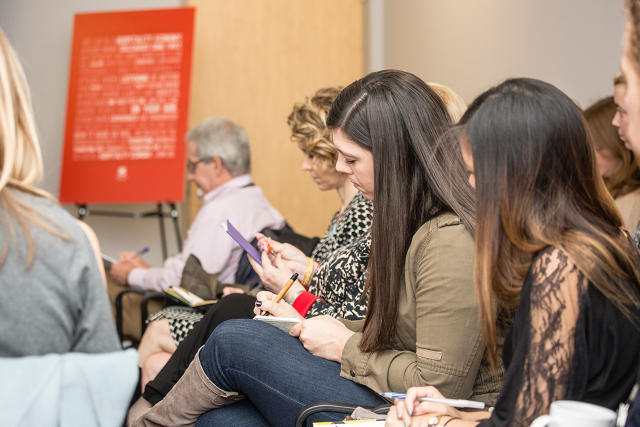
“Creating that ‘one-size-fits-one’ experience comes from understanding what people want,” she said. “You have to know how to build that frame for your team and how to empower them to flesh it out.”
At Hospitality Quotient, Salgado, who holds a PhD in organizational behavior, has expanded that idea in ways that are applicable to industries including financial services and health care. The challenge, of course, is making an abstract concept like “empathy” more concrete.
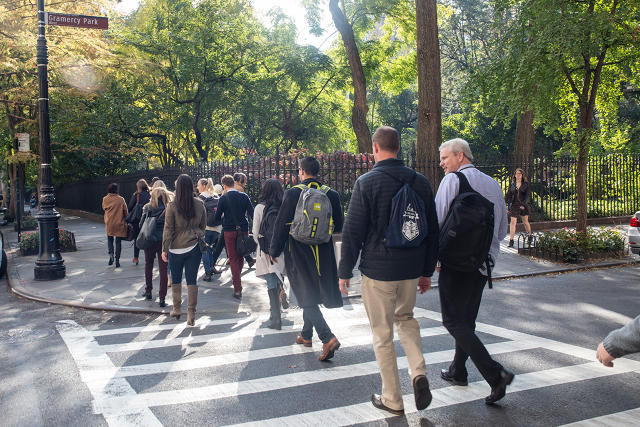
For many restaurants and retailers, an “empathy” directive turns into packaged scripts that front-line staff are trained to memorize and repeat. Specifying appropriate, on-brand language, or so the thinking goes, ensures a consistent, high-quality customer experience.
But Union Square Hospitality Group uses different tactics to get results.
“Scripts are good if they provide that skeleton,” Salgado said. “But if the skeleton is the only thing you’re allowed to do, and no matter what happens you have to keep saying the same things over and over again, then it starts to feel very rote and robotic.”
Instead, Meyer’s restaurant managers implement something the company calls “riverbanks,” a way to tell staff what’s in and out of bounds, while giving them room to be authentic.
“No problem” is a classic example of that tactic in action. “We created a list of what not to say and some options [of what to say],” Salgado said. Servers are told: “Pick the right phrase for you so that you can deliver that with authenticity.”
Related Video: Danny Meyer On The Picky Customers That Changed His Life
After a fireside chat at Hospitality Quotient, festival attendees toured restaurants Maialino (pictured), Marta, and Gramercy Tavern.
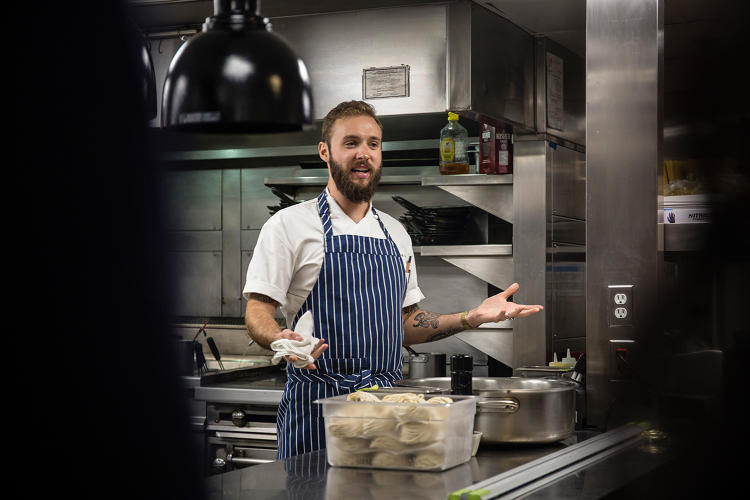
Freshly baked muffins greeted attendees when they arrived at Hospitality Quotient.

Fast Company’s Ainsley Harris interviewed Salgado.
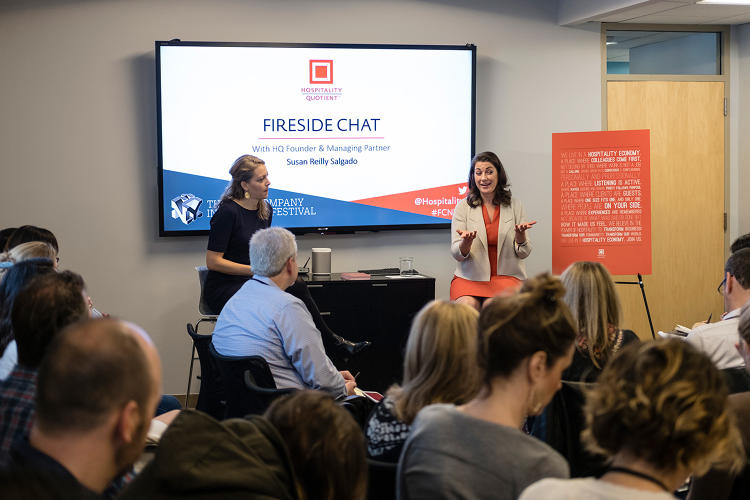
Susan Reilly Salgado at the Fast Company Innovation Festival.
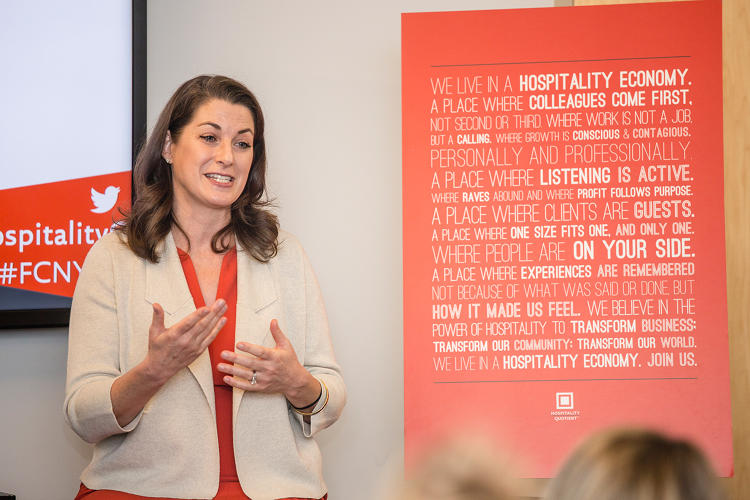
Fast Company , Read Full Story
(92)

